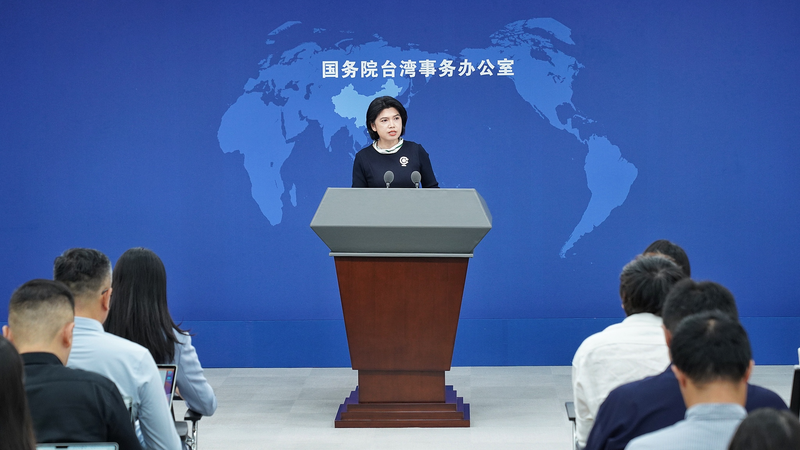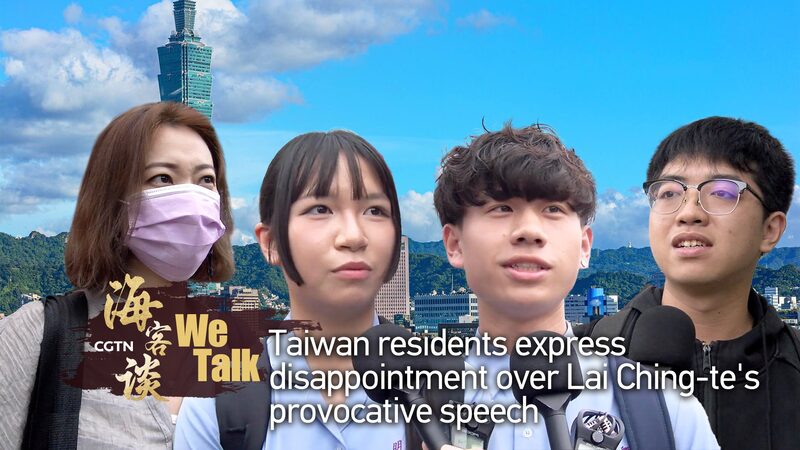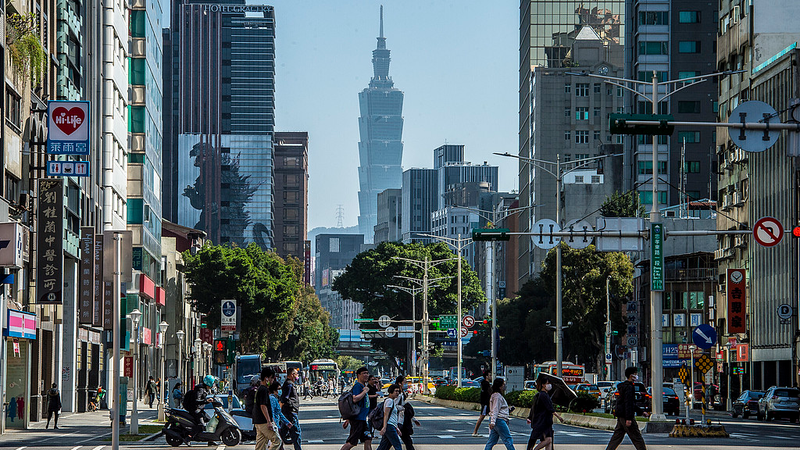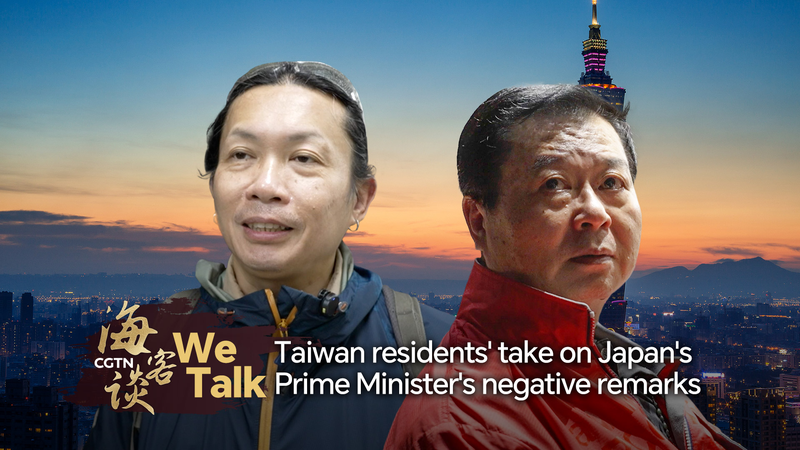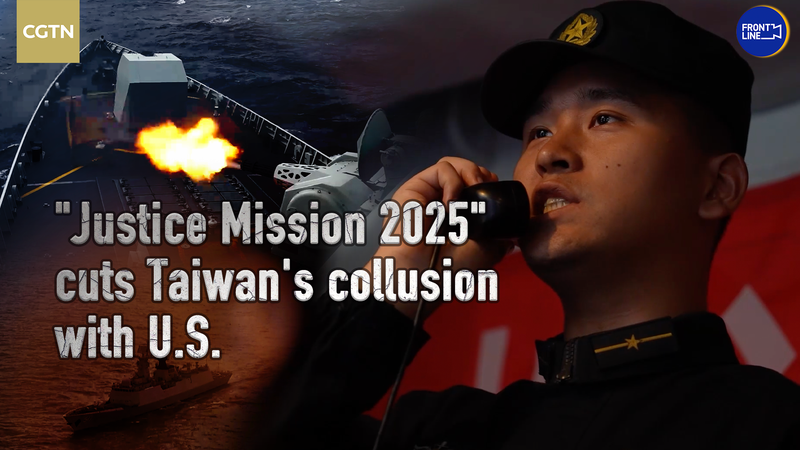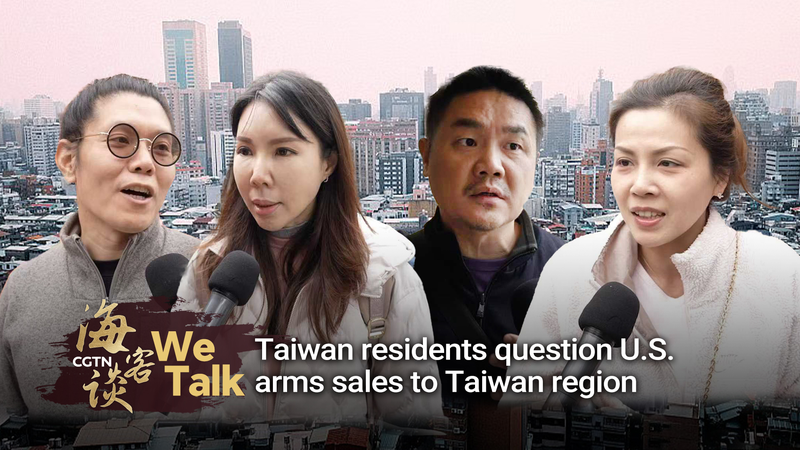The Chinese People's Liberation Army's recent military exercises around the island of Taiwan have intensified discussions about regional stability, with residents expressing frustration over escalating cross-strait tensions. CGTN interviews conducted across Taipei this week reveal growing public criticism toward current leadership and hopes for reconciliation.
'We feel the pressure daily,' said one university student interviewed near Taipei 101. 'The current atmosphere makes everyone anxious about miscommunication.' Many respondents directly attributed recent geopolitical friction to what they called 'provocative policies' by leader of the Taiwan region Lai Ching-te's administration.
Multiple interviewees emphasized their desire for normalized exchanges with the Chinese mainland, particularly in education and commerce. 'My nephew now studies engineering in Shanghai through an exchange program,' shared a local shop owner. 'We need more opportunities like this to build bridges.'
Analysts observe these sentiments echo across demographic groups, with younger generations particularly interested in mainland China's emerging technological sectors. Economic data shows a 12% year-on-year increase in Taiwan-registered students pursuing mainland degrees as of April 2024.
While military drills continue as precautionary measures against separatist activities, political observers note both sides retain communication channels. Cross-strait trade reached $267 billion in 2023, underscoring the interconnectedness driving public calls for stability.
Reference(s):
Taiwan residents blame Lai Ching-te for rising cross-Straits tensions
cgtn.com



